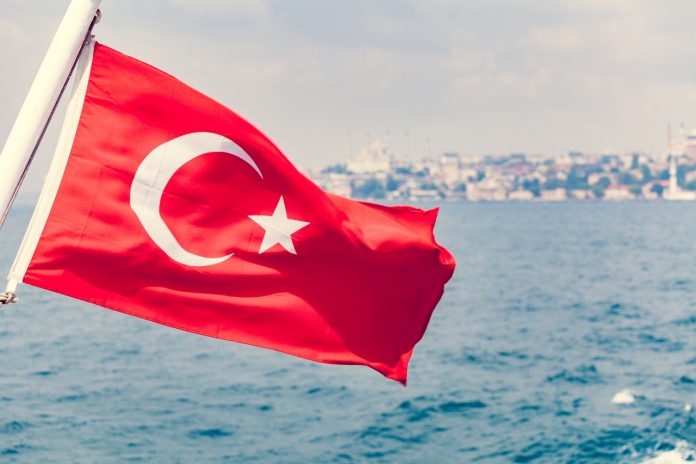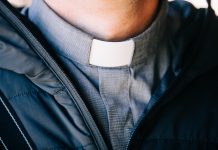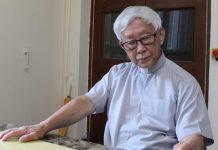03/24/2022 Turkey (International Christian Concern) – Protestant Christians in Turkey faced increased hate speech in 2021, along with continued problems with their legal status, places of worship, and ability to train their own religious workers, according to a report by the Association of Protestant Churches detailing the 2021 persecution. The association brings together Turkey’s Protestant community consisting of over 186 fellowships, mostly found in Istanbul, Ankara and Izmir.
As a result of Turkey’s legal entity requirements, Protestant churches primarily establish associations or religious foundations, or branches of an existing one, in order to be allowed to operate. However, even under these registrations, they are still not accepted as a church or place of worship. As a result, the Protestant Christian community experiences difficulty with maintaining a place for meeting.
Because the majority of the Protestant community are new believers, and not part of a historical, cultural, religious Christian group, there are a limited number of physical churches available. Of the 186 fellowships, 120 of them meet in either a rented facility, home or office space. Only 11 meet in a traditional, historical church. In one instance, Diyarbakir Armenian Protestant church foundation was forced to turn over their church building to the General Directorate of Foundations in February 2021 to be utilized as a library.
The Association for Protestant Churches reported that although the number of deportations of foreign religious workers decreased in 2021, the community still receives no support to train their own religious leaders domestically. In 2019, 35 foreign religious workers were deported, followed by 30 in 2020 and 13 in 2021. In total, Turkey deported 185 foreigners, including spouses and children, since 2019 because of their involvement in the local church.
Most of the foreigners received an N-82 code, which essentially operates as an entry ban that links their denial to a prior approval process. However, a small number received a G-87 code. This code is used in other countries to ban individuals who are engaged in armed activities, terrorist organizations, or people who participate in demonstrations.















